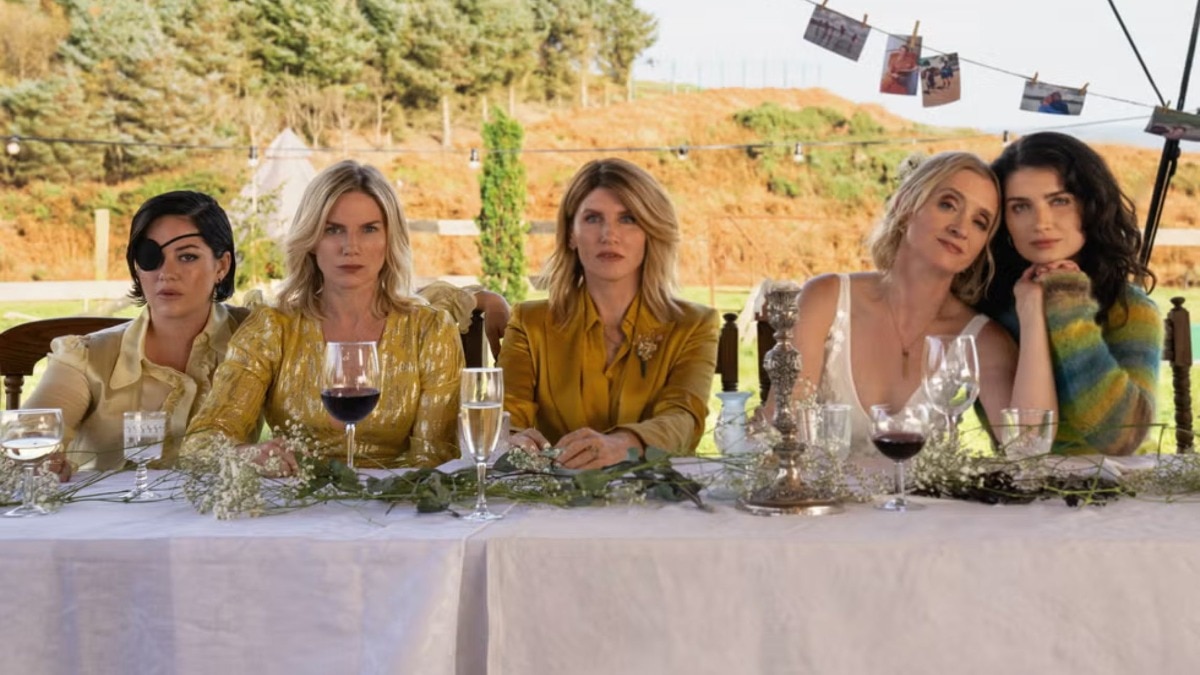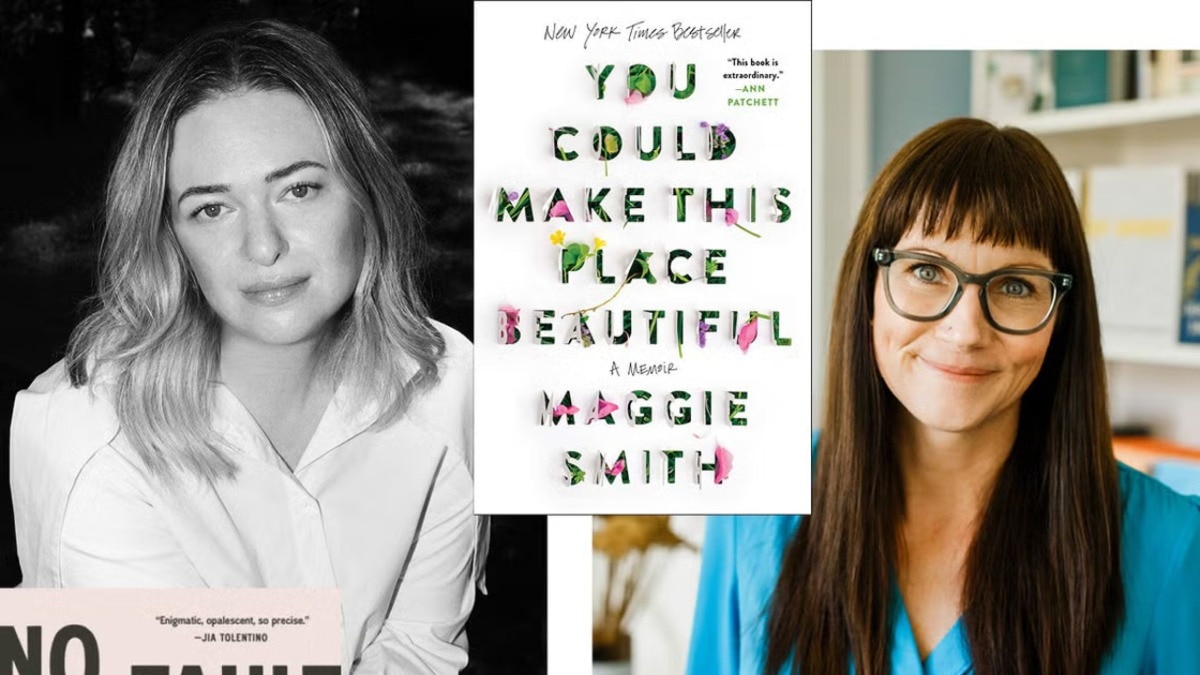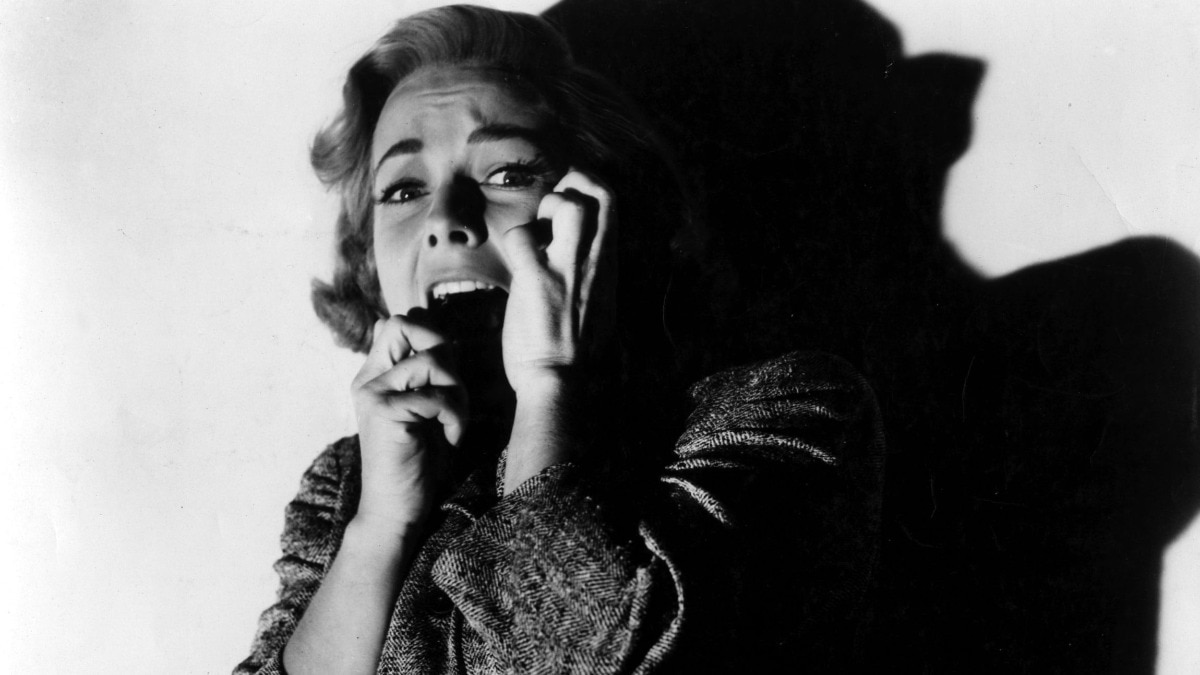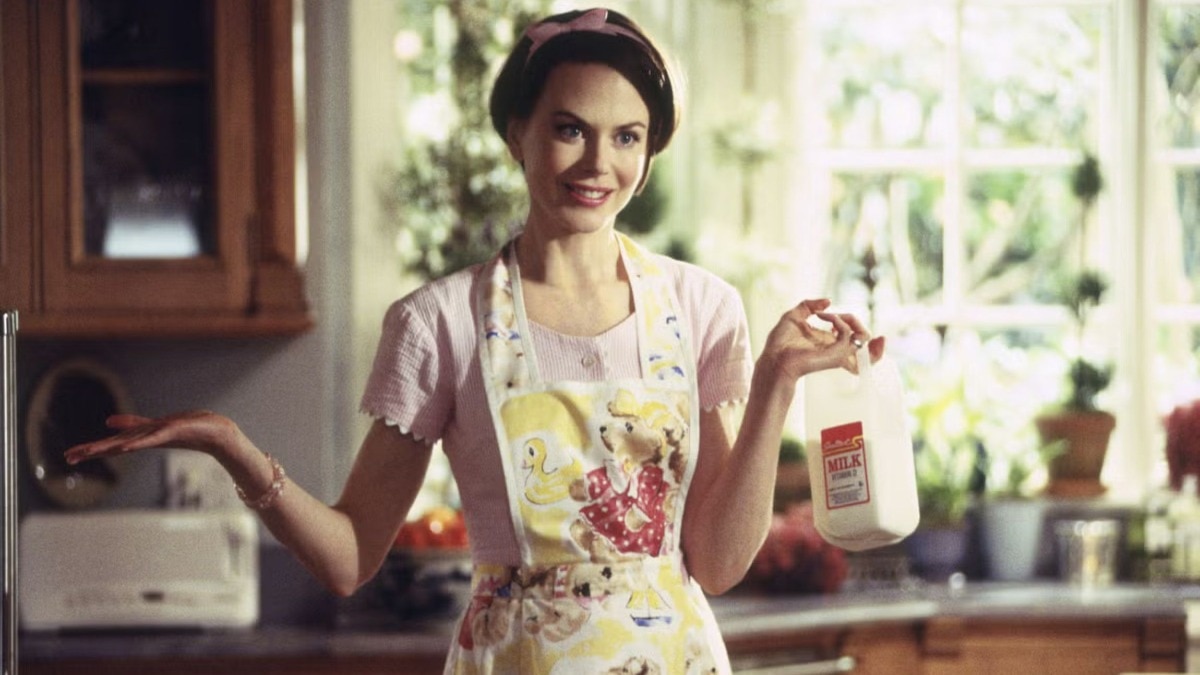
We're in the ‘golden age’ of TV—so why do I just want easy viewing?
There’s a glut of award-winning, critically acclaimed shows out there, but there’s a reason we keep being drawn to uncomplicated television.

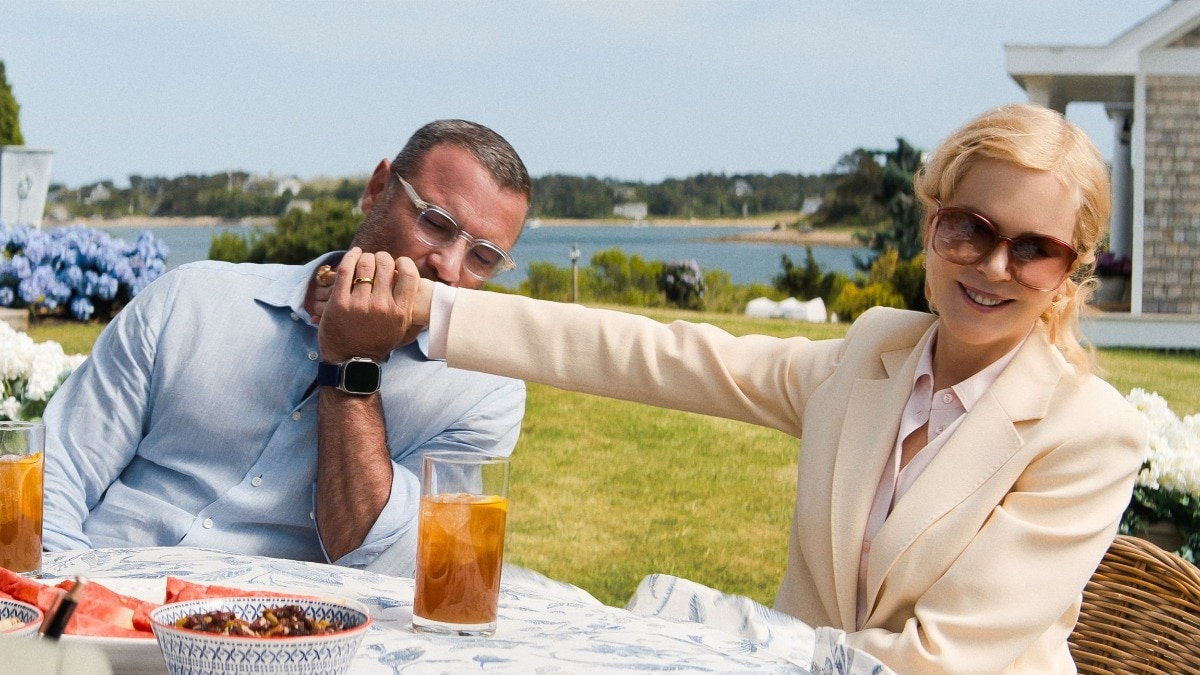
The dark evenings are drawing in, and the air has a sharp, icy bite to it. My leather jacket has been swapped for a longer winter coat, which is hastily discarded by the door when I get home. The evenings I spent in pub gardens sipping on a light rosé and staring dreamily at pink skies are now a distant memory. Now, my nights are spent curled up on the sofa, a candle licking the dark air, as I settle in in front of the television.
There’s no shortage of excellent TV at the moment; what with Sophie Turner’s stellar turn in ITV’s Joan, or Sky’s greatly anticipated Day of the Jackal starring Eddie Redmayne and Lashana Lynch. However, in-between appreciating these hot new releases, I find myself craving something simpler, easier, more comforting; having necked the Disney Plus' bonkbuster Rivals in one sitting, like a shot of tequila, and devoured Netflix’s The Perfect Couple, my guiltiest pleasure, Married At First Sight on Channel 4, is welcoming me back with open arms, promising lashings more drama with side dishes of tears and deceit. Shows like these are not light morsels to be enjoyed little and often; I hungrily consume entire seasons in long binges, my evenings completely disappearing.
What is it about this easy viewing that so many of us return to, when there’s a catalogue of must-see programmes out there, starring A-List actors, by award-winning writers? According to the educational psychologist Dr Patricia Britto, it’s symptomatic of our hectic, stressful lives that we turn to watching something easily digestible.
“Some of these shows tap into fundamental human interests and do not require much critical thinking, which can be relaxing to watch,” she tells me. “For some, it is easy to get emotionally invested without dealing with the consequences of thinking analytically about the content being watched. It’s entertainment in its purest form, engaging our curiosity about how people act in high-stakes environments or fantasy situations.”
Britto also points towards familiarity; easy watches don’t tend to have complicated plots or jarring changes of mood. Re-watchable series that have been around for decades, such as Friends or Sex and the City—where the conflict at the heart of the show is low stakes, the result is foreseeable, and the tension is always wrapped up within half an hour—are not only comforting in a nostalgic way, but easy to passively enjoy.

“Our brains love patterns, and ‘easy watch’ shows follow predictable narratives,” Britto says. “We know what to expect, so there’s little cognitive effort involved. These shows are like mental comfort food. They permit us to disengage from our worries for a while. Because some shows are low on surprises, they provide a sense of stability, and that reliability is deeply soothing when everything else in life feels unpredictable.”
An evening spent watching sitcoms may be as comforting as immersing yourself in a warm bath—but what about programmes such as The Perfect Couple, which unpicks a gruesome murder that interrupts a lavish beach wedding?

For chartered psychologist Dr Mark Rackley, it’s human nature’s darker desire for schadenfreude, although expressed in the safe setting of fantasy, that keeps us watching.
“Watching TV is a voyeuristic activity and we get to peer into the lives of other people, which we find psychologically stimulating,” he explains. “Seeing so-called 'perfect' people being exposed is entertaining; we enjoy watching the proud fall because, psychologically, we dislike people like this. We get a sense of satisfaction in their downfall.
“It can also make us feel better about our own lives when we see people make a 'train wreck' out of theirs. We need characters that we either love or hate—this creates the emotional pull that keeps us engaged.”
The psychologist Mairead Molloy agrees, describing these types of shows as “candyfloss viewing”: insubstantial, inconsequential, but distinctly moreish.
“Our psyche is wired to crave entertainment that provides instant gratification,” she says. “These shows allow us to observe raw dynamics, often heightened by drama and unpredictability, all from a safe distance. They invite us to vicariously experience the extremes of love and conflict without any real consequences.”
Yes, these uncomplicated shows may be like soup for the soul—a comforting, warm hug and distraction from our often-busy lives. Candyfloss TV may not have any nutritional value when it comes to our cultural diet, but we should be able to pick at the smorgasbord of television's variable output. After all, there’s nothing wrong with a little sugar to satiate your sweet tooth every now and then.
Lead image credit: Netflix
Also read: #SpoilerAlert: Who killed Merritt Monaco in ‘The Perfect Couple’? We explain the ending
Also read: New OTT releases to stream this November

